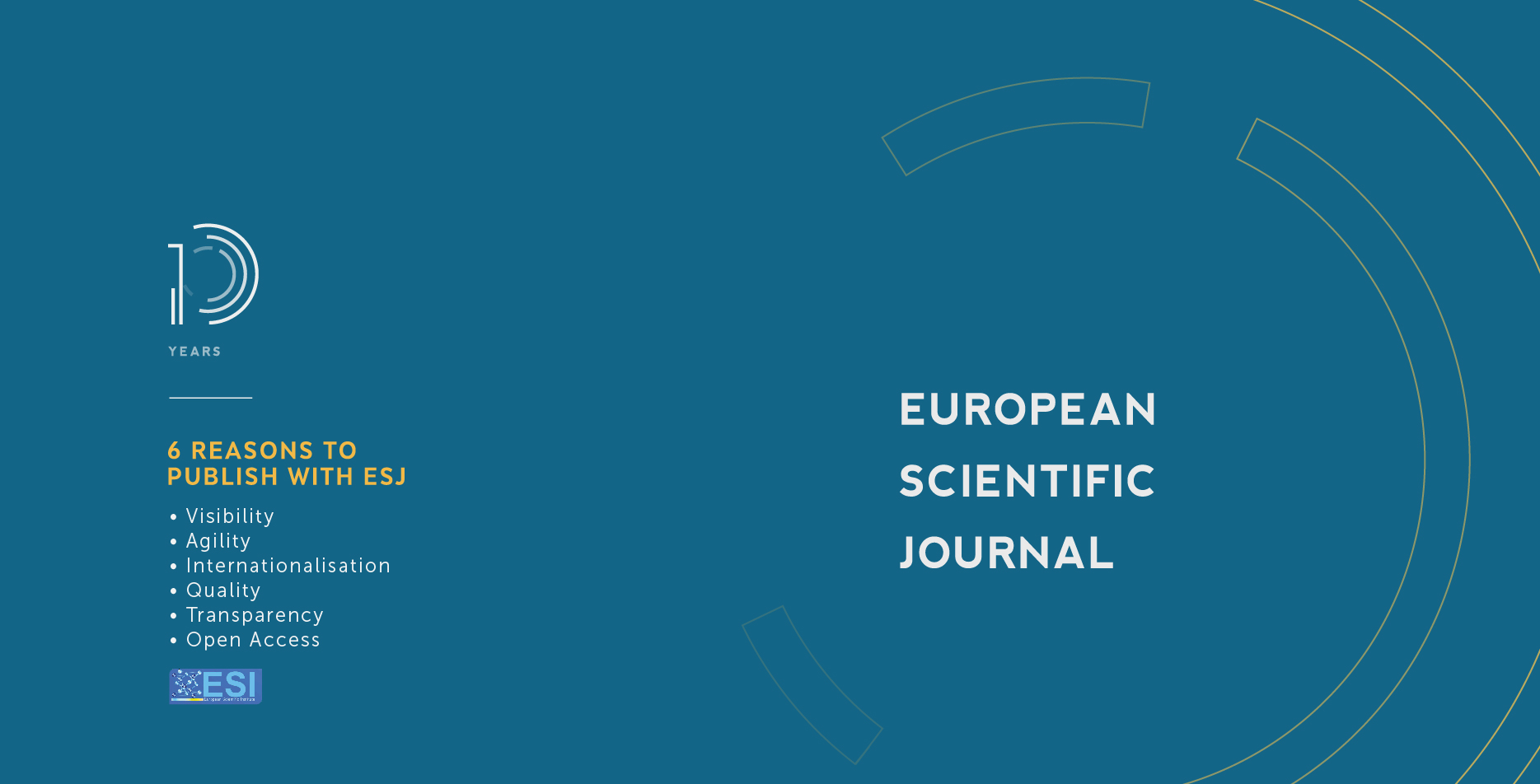Chinese FDI Influence in the Capital Generation, Trade, and Inflation with the Perspective of Economic Development in Pakistan
Abstract
The role of foreign direct investment has been essential in spurring growth by designing more opportunities in developing countries such as Pakistan. This paper focuses on predicting the effect of Chinese inward Foreign Direct Investment (FDI) with an exceptional and increasing role in Pakistan over the period from 2000 to 2018. As a result, the study examines the relationship that exists among economic development, Chinese investment, trade openness, capital formation, and inflation using the Autoregressive Distributed Lag (ARDL) model. The results show a positive and significant relationship between Chinese investment in the development of Pakistan’s economy by increasing capital and boosting the means of trade in global markets. It was supposed that Chinese investment can provide various opportunities such as firms with new markets, cheaper production facilities, and access to new technology, products, and skills if financed for productive purposes. It was recommended that policymakers should intervene through policy suggestions and implementation so that the economy would be able to take part in the race of becoming a global economy.
Downloads
PlumX Statistics
Copyright (c) 2020 Matiha Riaz, Hongbing You

This work is licensed under a Creative Commons Attribution-NonCommercial-NoDerivatives 4.0 International License.








